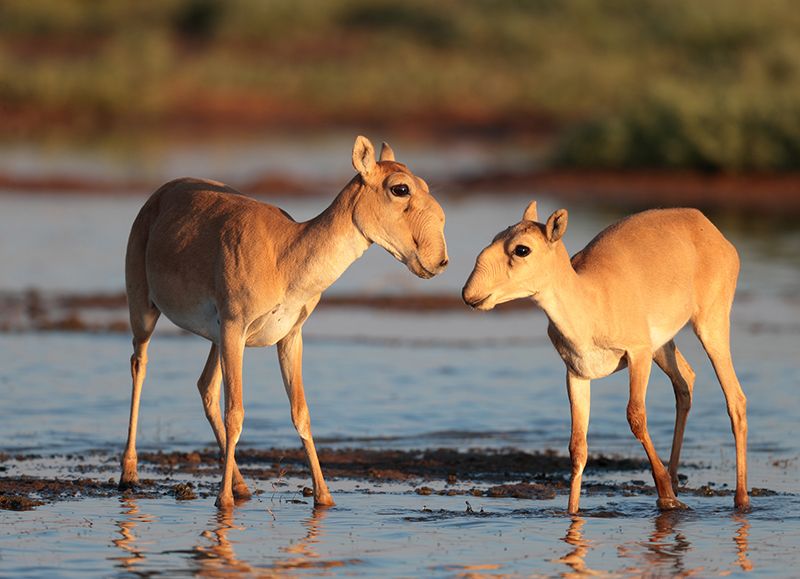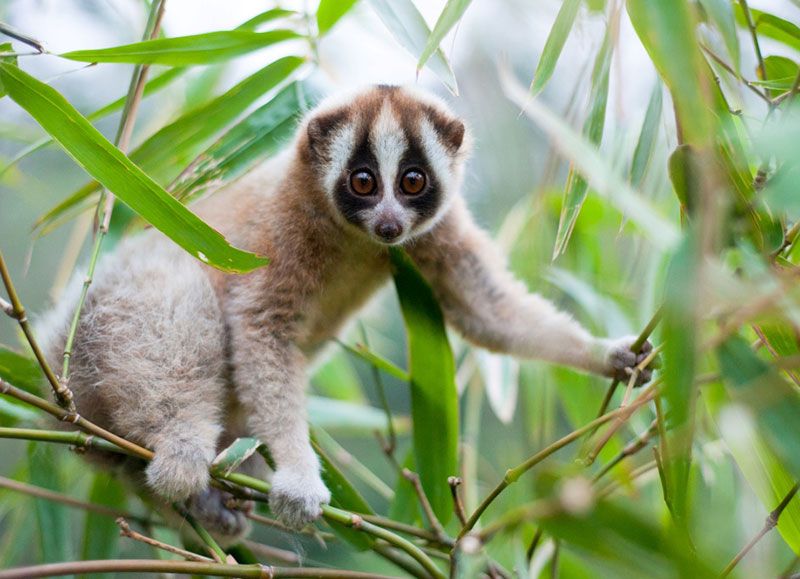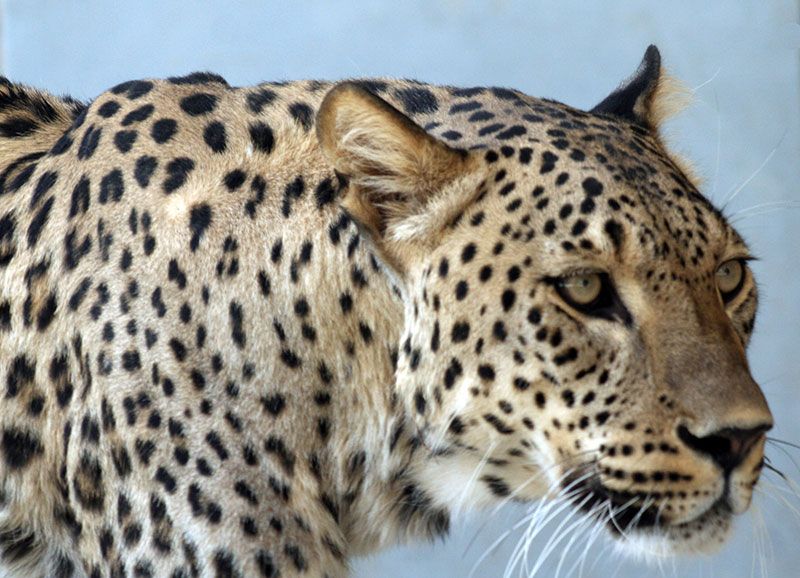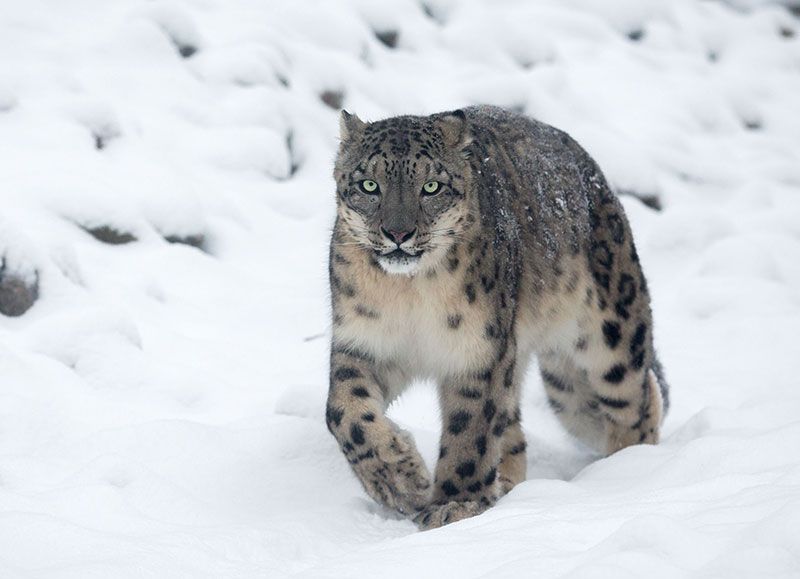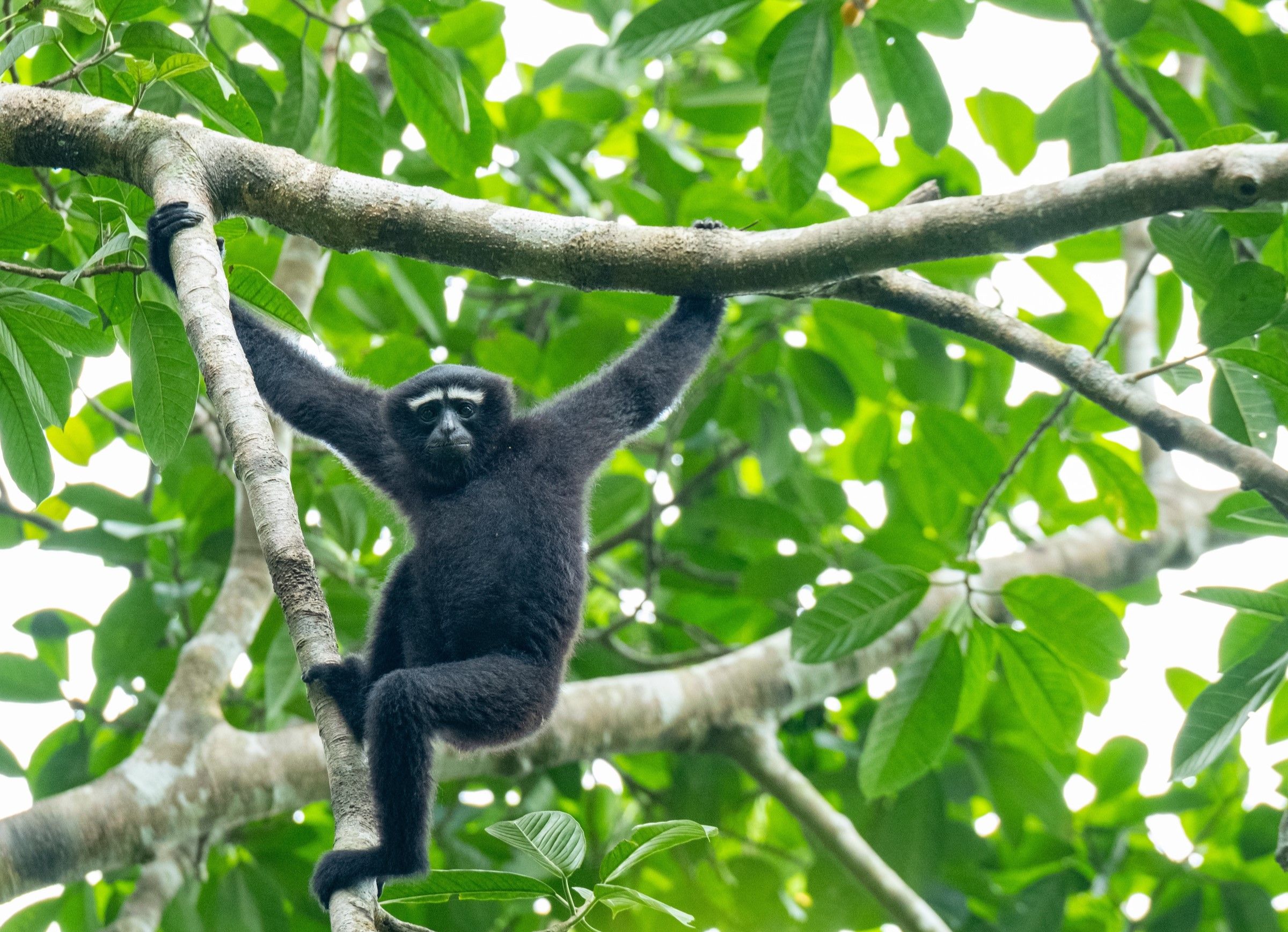Conservation
Partners
Supporting leading conservationists around the globe means we can put your donations to work in the most effective way. We are investing in our very best scientists and ecologists through our Conservation Partnership programme.
In recognition of their exceptional achievements to date, we’re providing them with much-needed long-term funding to enable them to make a crucial difference on the ground for our endangered wildlife. Through our long-term work supporting conservationists around the world, we are uniquely positioned to judge where the most effective work to safeguard wildlife is taking place. And behind each successful project is a talented individual with the drive and leadership skills to direct their teams, often working in really difficult circumstances, to achieve success. Meet these outstanding five individuals who we are proud to call our Conservation Partners:
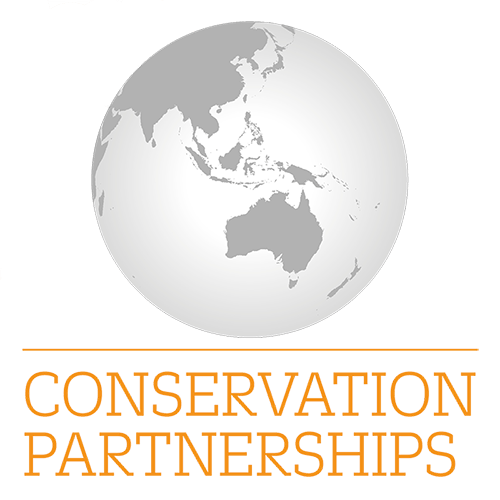
Elena Bykova and Olya Esipova
 Saiga antelope, Uzbekistan
Saiga antelope, Uzbekistan
Saiga Conservation Alliance
Saiga antelope have roamed the earth since the ice age but are now critically endangered, with small populations remaining in central Asia. Poaching for their horns and habitat loss has put saigas further at risk. Elena and Olya are raising public awareness of saigas and are studying a recently re-discovered isolated population in Uzbekistan.
Anna Nekaris
Slow lorises, Java
Little Fireface Project
Java in Indonesia has been subject to devastating deforestation, causing lorises to lose 90% of their tropical forest habitat. Slow lorises are captured and sold illegally through the pet trade, for medicine or as props in tourist photos. Anna’s tackling the illegal wildlife trade head on, orchestrating a social media campaign to stop tourists posing with captured lorises and to ensure lorises have a space in the wild.
Mohammad Farhadinia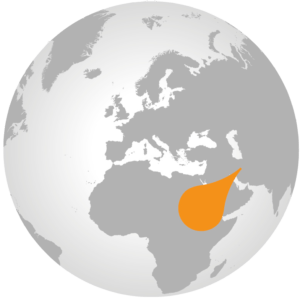
Persian leopards, Iran
WildCRU
Tandoureh National Park is a last remaining Persian leopard stronghold. As people and wildlife compete for space, the leopards are in increasingly close contact with local communities and pose a big threat to their livestock. Although the park is protected, the leopards are still hunted. Mohammad’s studying six leopards and working with reformed poachers to better understand their motivations, whilst teaching local communities how to better protect their livestock.
Bayara Agvaantseren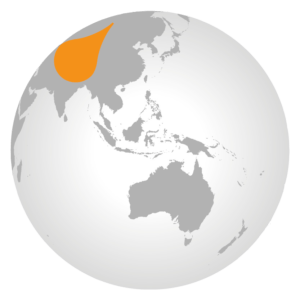
Snow leopards, Mongolia
SLCF
When we first partnered with Bayara, mining was destroying the rugged mountainous snow leopard habitat of Tost, South Gobi. But through Bayara’s campaigning, Tost was declared a nature reserve in 2016. However, there were still several mining companies with existing mining licenses within the protected area. Since then, Bayara has succeeded in getting all these licences revoked, and is now training rangers to prevent poaching across the reserve.
Dr. Jihosuo Biswas
Primates, India
Conservation Himalayas
PTES has been supporting Dr. Jihosuo Biswas’ work on Western hoolock gibbons since 2011 and on golden langurs since 2021. The Assam region has lost almost one half of its forest in the last few decades and now hoolock gibbons and golden lagurs face serious problems. Steps to involve local communities, restore natural forest corridors and artificial canopy bridges, and produce a comprehensive management plan for rescuing these vulnerable primates is under way.
PTES awards each Conservation Partner up to £100,000 in order to make a lasting difference to key endangered species around the globe. Please join our programme today and help support this unique, cutting-edge work. Together we can guarantee a future for those species whose future is currently so uncertain.

